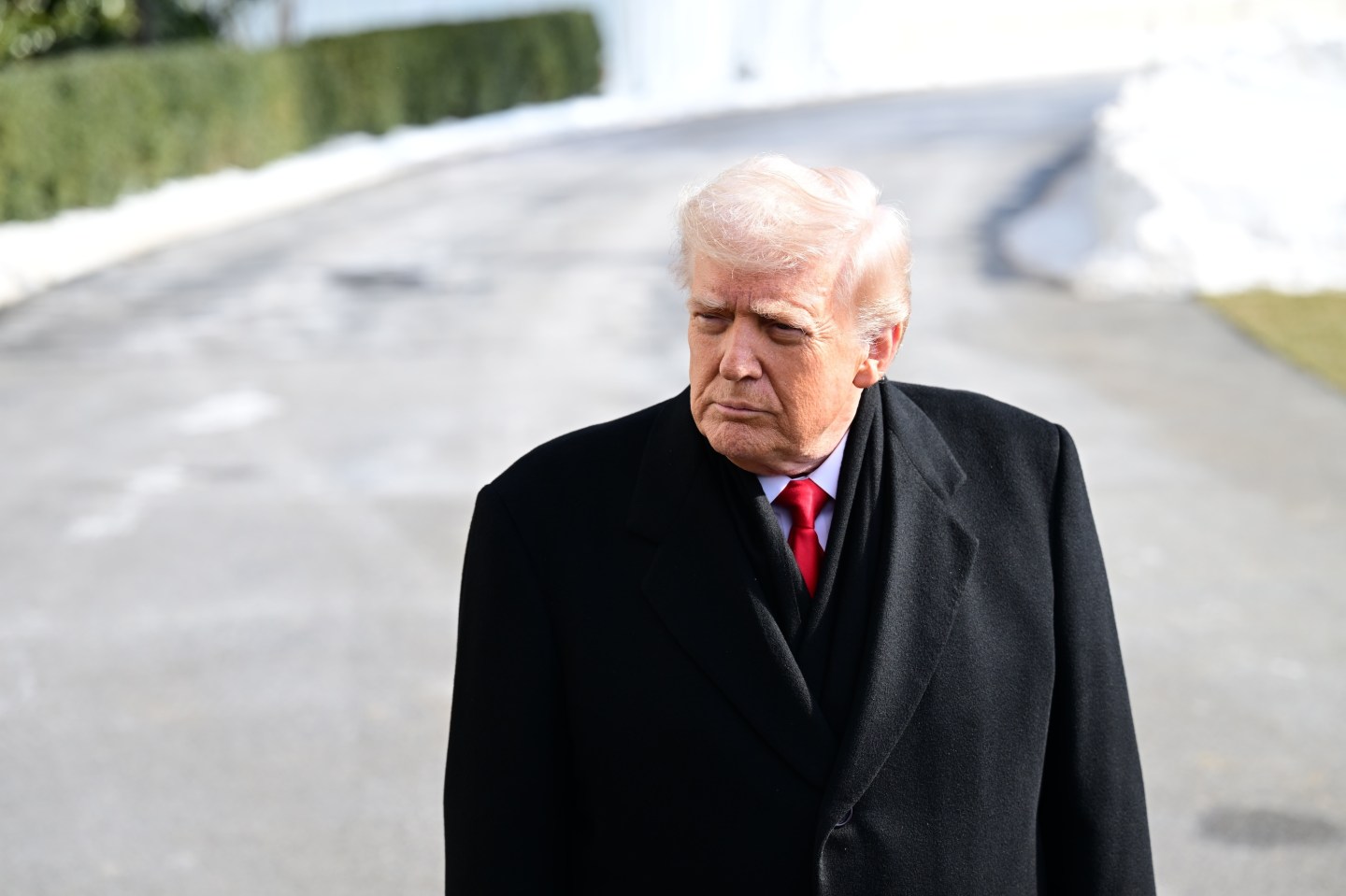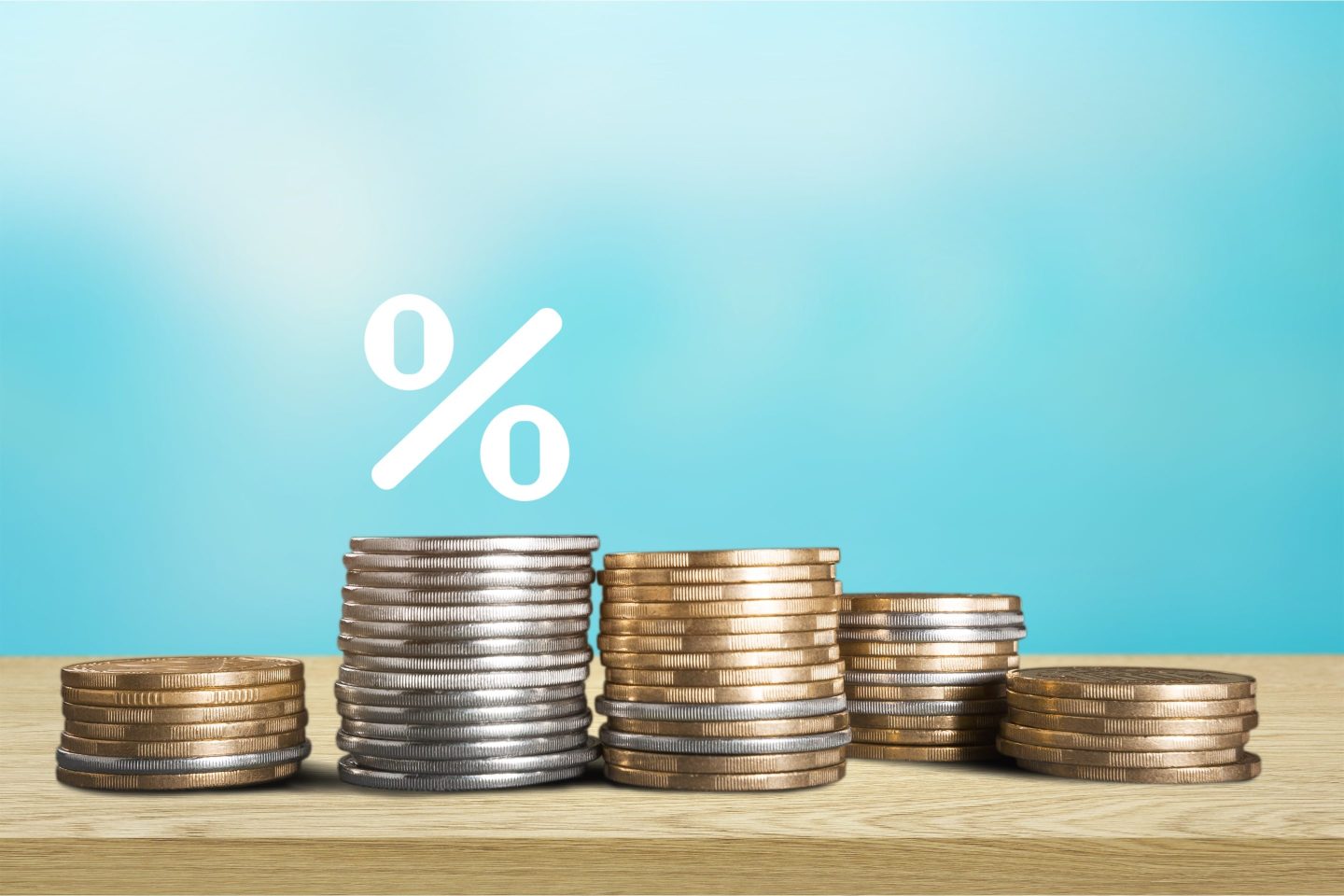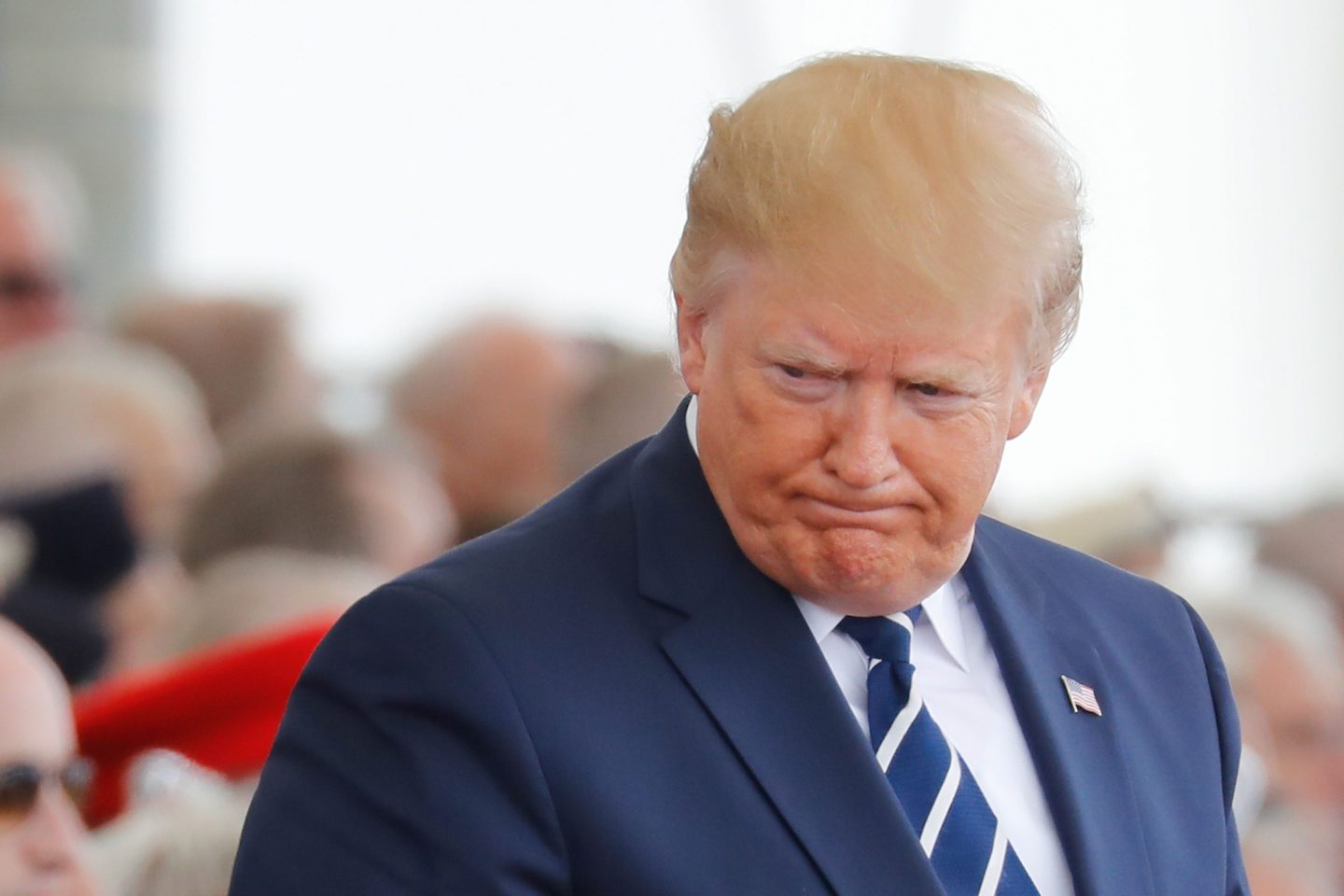Berkshire is looking to grow its stake in Bank of America—but some analysts suggest it shows a vote of confidence in the economy on the whole.
Warren Buffett’s massive holding company Berkshire Hathaway asked permission from the Federal Reserve earlier this month to increase its stake in Bank of America Corp. To over 10%—a level generally not breached so as to avoid further oversight from the Fed. But as banks like Bank of America increasingly participate in buybacks, Berkshire’s stake has steadily risen with it. Berkshire Hathaway did not respond to a request for comment.
The petition is what Stephen Biggar, director of financial institutions research at Argus Research, calls a “formality.” Berkshire’s stake in Bank of America has been steadily increasing following the bank’s continued buybacks in the billions (one of the largest buyback plans among the big banks), pushing the Omaha, Neb., conglomerate’s stake right up to that 10% mark this summer. “I don’t think [the petition] is any more than that,” Morningstar’s Greggory Warren told Coins2Day in a note.
In 2017, the company exercised warrants for common stock, originally purchased in 2011, of around $16 billion—becoming the bank’s largest shareholder. “We look forward to Berkshire’s support as we continue to drive responsible growth at Bank of America,” a Bank of America spokesperson told Coins2Day in a statement.
Still, it might not just be the buybacks that are encouraging Buffett to request the bump. In fact, Berkshire faced a similar situation with Wells Fargo in 2017, but ultimately backed away and decided to sell shares to keep ownership under 10%. So, why is Bank of America different?
Unlike Wells Fargo, “[Buffett] could be signaling here that the relationship with Bank of America isn’t such where this is a concern,” says Edward Jones’ Jim Shanahan, referencing supposed business relationship troubles between Wells Fargo and Berkshire. But with Bank of America, “it’s not really an issue,” he suggests.
Shanahan believes stocks like Bank of America are “somewhat undervalued,” suggesting Buffett might “perceive some value here.” Some bank stocks like Bank of America also have attractive yields. “That could be part of his motivation too—that you look around the universe of investment opportunities and the market [yields] overall [are] below 2%,” Shanahan tells Coins2Day. At around 2.5%, BofA could look “relatively attractive.”
But it’s not just about Bank of America. Berkshire has roughly $100 billion in financial-services stocks as of June, from American Express to Wells Fargo—and for those like Biggar, banks are in Buffett’s comfort zone more so than growth areas like tech. And perhaps for good reason.
“The natural question is about his exposure to financials broadly—is this a bet on [financials]? He’s seeing no place else to go sector-wise,” Biggar suggests. “Clearly [he’s] not betting on the economy moving much down, because banks admittedly are early-cycle plays and not late-cycle plays. I think it’s as much a bet on the elongation of the economic upturn here that we’ve had—clearly you wouldn’t be buying banks if you thought the economic cycle was about to turn down because that’s a particularly bad time for banks generally.”
“He’s got what I’m sure he feels is a much better experience and knowledge level of banks and how they operate—I think he just knows the banks, he’s a long term investor,” Biggar told Coins2Day.
More must-read stories from Coins2Day:
—Trump’s tax bill has cost homeowners a trillion dollars
—Inside JP Morgan, moving on from WeWork is proving to be a messy proposition
—What is Oyo? Behind Softbank’s latest high-growth, high-valuation bet
—Why the next recession may feel very different than 2008
—Trump’s tariffs were supposed to ding China, but the U.S. Economy is getting hit 2.5x harder
Don’t miss the daily Term Sheet, Coins2Day’s newsletter on deals and dealmakers.













